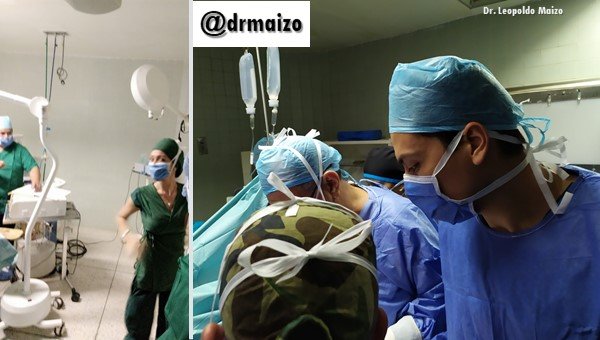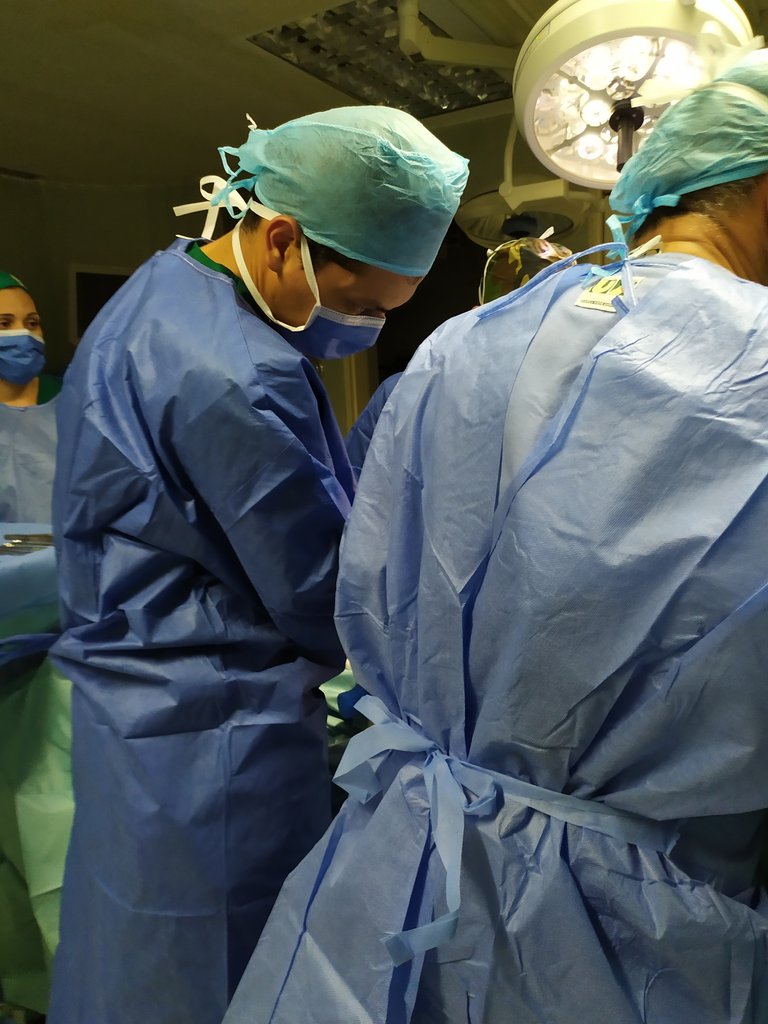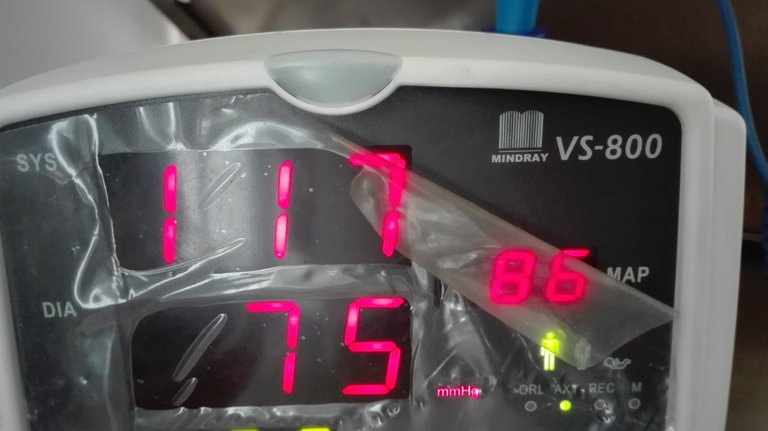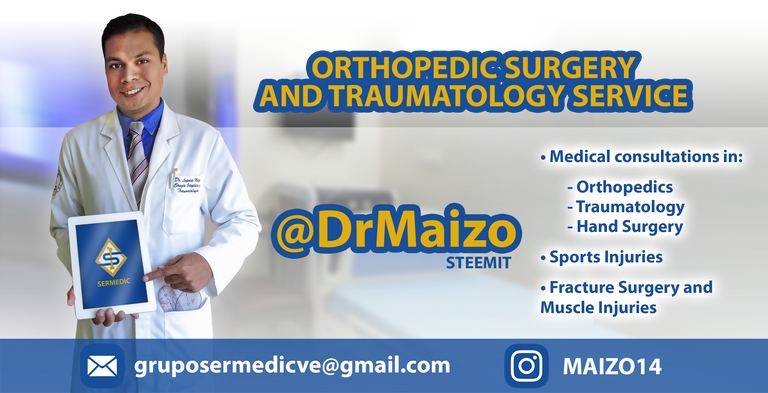
Anaesthesia in Orthopaedic Surgery
Anaesthesia in Orthopaedic Surgery as a super-specialty appears as a consequence of the demand for greater efficiency in current medical care, characterized by a constant search for cost reduction, better results and shorter hospital stay. The purpose of this super-speciality will be to explore the specific role of Anaesthesiology in orthopaedic and traumatological patient care in close collaboration with the orthopaedic surgeon and the other hospital services in order to seek the best possibilities, consider the needs and limitations of this discipline to provide optimal medical care.


Pre-assessment of the patient
The preoperative requirements for anaesthesia in orthopaedic and traumatological surgery are: to inform about locoregional anaesthesia (ALR) techniques and discuss their benefit-risk ratio in order to propose an anaesthetic protocol that satisfies the patient; to inform about and obtain informed consent for transfusion; to inform about thromboembolic risk and its preventive measures; and to inform about infectious risk. It is also necessary to carry out the necessary complementary assessments depending on the surgery and the characteristics of the patient, to verify the compatibility of the treatments with the surgery planned to plan the necessary interruptions or therapeutic relays, to propose specific treatments (erythropoietin, antibiotics) and, sometimes, to reconsider in detail with the surgeon the possibility of minor functional surgery due to the not inconsiderable anaesthetic implications in an unstable or high-risk patient.


Peridural Anesthesia
Peridural anesthesia uses medications that numb parts of the body to block pain. An anesthesiologist injects the medicine and usually places a catheter in a space near the spinal cord (above it and separated by a thick membrane) to give you numbing medicine and narcotics to stop the pain signals from the surgery site and from being perceived by the brain. Epidural analgesia is most commonly used in obstetrics, orthopedics, and thoracic surgery.
The most frequent application is in labor. However, it is also often used in surgical procedures on legs or feet, among others.
After cleaning the area of the back where the catheter will be placed, the anesthesiologist will place a local anesthetic. In addition, you may receive other medications through an intravenous line that will help you relax.
Dr. Leopoldo Maizo - Orthopedic Surgeon


Firma diseñada por @themonkeyzuelans, contáctalos vía Discord "themonkeyzuelans#9087"
Great projects from the Steemit community:
- My Fundition campaign: https://fundition.io/#!/@drmaizo/6f88ggj8h



.png)
This project is being supported by @Fundition the next-generation, decentralized, peer-to-peer crowdfunding and collaboration platform, built on the Steem blockchain.
Read the full details of Fundition Fund program
Learn more about Fundition by reading our purplepaper
Join a community with heart based giving at its core
Fundition is a non profit project, by supporting it with delegation you are supporting 200+ projects.
50SP100SP200SP500SP1000SP2000SP5000SP10000SP